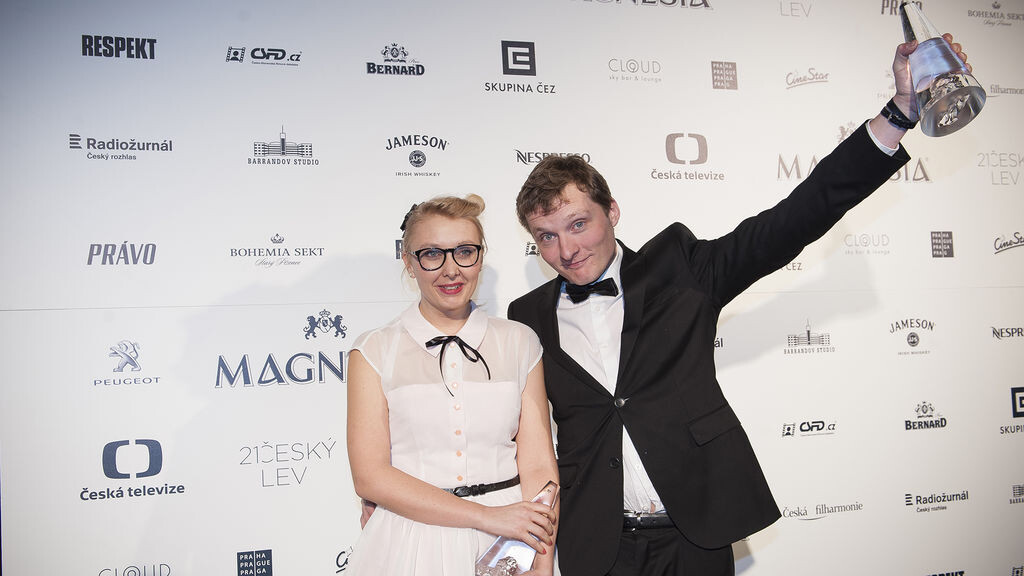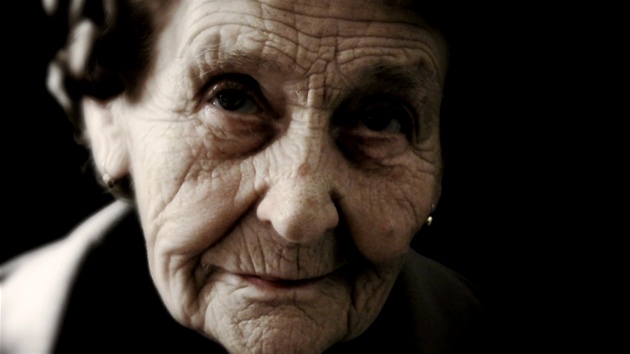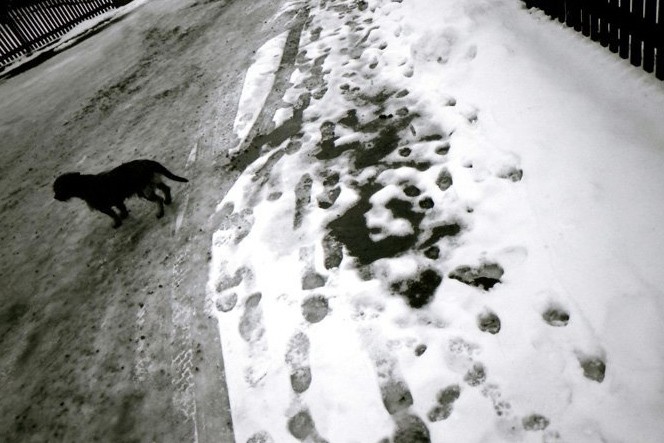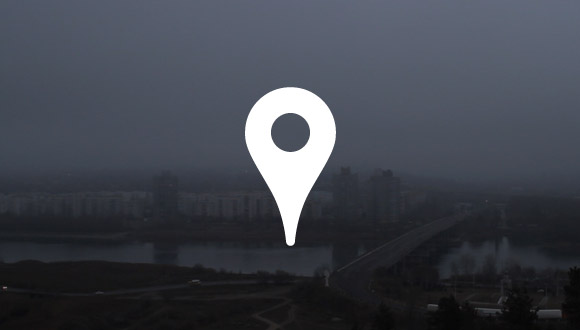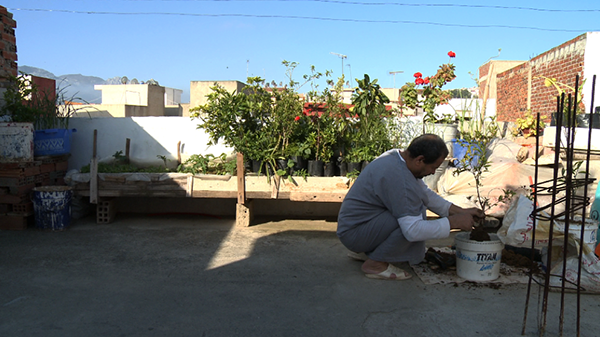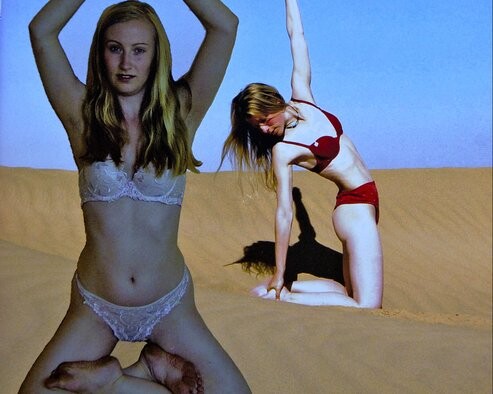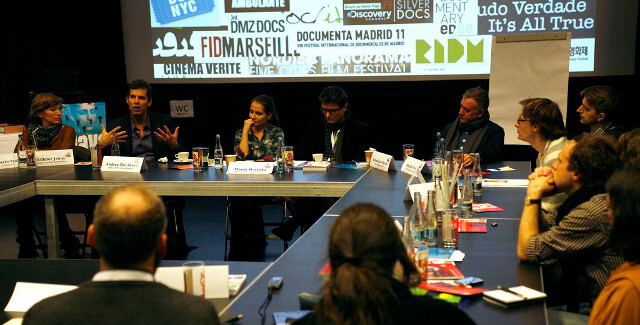Emerging Producers 2015
One of the first independent industry activities of the Jihlava festival was facilitating the meeting of emerging producers, who are committed to the field of creative documentary. Similar meetings occurred in the dozens throughout the whole year via the festival circuit. What is specific about the one at Jihlava? This is what we asked three Czech and one French former participant.
-
How do you approach the project Emerging Producers (EP)? Do you see it only as a place for networking or has it changed your point of view on contemporary documentary production?
-
If you were to compare this event to a similar one, what are some differences you see?
-
Try to sum up in one sentence what you would like the participants of this project to know.
-
Do you follow the Czech documentary scene? What do you make of it?
Hanka Třeštíková
1. For me it was especially nice to meet with other producers from around the world, with whom I am still in touch. If I were looking for a co-producer, I know I could turn to them.
2.The main difference lies in the fact that at the EP, people are "in the same boat" rather than competitors, which is usually the case at pitching forums. People are not competing for the attention of commissioning editors or festivals. It is a synergistic meeting from which friendships can be born.
3. You will enjoy it.
4. I see it in a positive light. A lot of interesting documentaries emerge out of it.
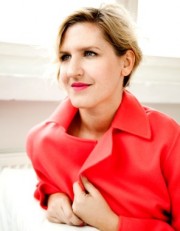 |
Hanka Třeštíková worked as the producer for the IFF Karlovy Vary and IFF Febiofest. After finishing her studies at FAMU, she founded her own production company, Produkce Třeštíková, which is co-managed by the documentarian Helena Třeštíková. Recently, their most notable titles include the films DK (competing in the feature documentary competition at the MFF Karlovy Vary) and Crooks (Šmejdi, which won the Czech Lion for Best Czech Documentary 2013). |
The Crooks (Šmejdi, Sylvie Dymáková)
Pavlína Kalandrová
1. My view on contemporary documentary production has been changing for over 10 years, it has also been formed by attending the Jihlava International Documentary Film Festival. Participating in the project Emerging Producers, has been a big honor and encouragement to know that documentary films can be made creatively, “untelevisionaly” (although that will always mean something else in different environments) and through them it is possible to shape society and the film and television market a little bit. I am glad to have been able to integrate myself into the community of brave producers-documentarians, however diverse they may be in their approach, shaped by their home countries, education or personal interest.
2. Nothing similar exists. For example, this year I attended the wonderful
Check Workshop at ZAGREB DOX with pitching at the end. In comparison to this Emerging Producers focuses more on networking, inspiration and self-presentation.
3. Enjoy it!
4. As for the themes and approaches, they are diverse and abundant. The documentary scene forms the dynamic and more enjoyable part of Czech cinematography. Regarding production conditions, they greatly depend on the Czech television and the personalities of the local creative producers. Unfortunately, sources of funding are limited - in terms of multi-source financing options.
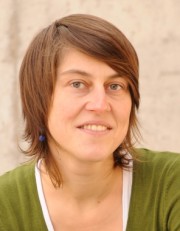 |
Pavlína Kalandrová: Her production company Duracfilm produced films like The Tripoint (Trojmezí, Klára Řezníčková, 2011), which received Pavel Koutecky Award for best documentary, and the full-length feature film Children (Děti, 2014) by Slovak documentarian Jaro Vojtek. Currently she works as director of the Czech MediaDesk office. |
The Tripoint (Trojmezí, Klára Řezníčková, 2011)
Pavla Kubečková
1. I see this project as something more than just networking. It is more of a platform where young producers from different countries can share their experience from the field, discuss the role of producers, the specifics of the documentary film market in individual countries, and discuss the everyday challenges they face when working. My view of contemporary documentary filmmaking has not changed by attending the workshop, but it was interesting to be confronted with the opinions of others and to see that the attendees can have very different views on contemporary cinema.
2. Unlike other workshops, which concentrate only on one specific project and there is no time to discuss other topics, Emerging Producers has more of a general approach and provides space to discuss issues that the participants are interested in and haven’t had time to previously address. At the same time, producers are forced to confront their own views with the views of other participants and defend them.
3. Try to concentrate on specific problems, which you will face in your line of work and you can consult with each other on how we approach solving such problems. To seek and establish long-term relationships with other producers based on similarities in taste and opinions on films.
4. For me, the current Czech documentary scene is much more interesting than feature films. Apart from the fact that documentarians address the problems of the world today and society in general, their films interest me more also in terms of film language. They also thrive much better in the long term on the international scene and at festivals. That says a lot I think.
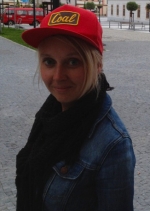 |
Pavla Kubečková: Already, during her studies at FAMU she founded the production company Nutprodukce with her classmates. Right after that she produced last two winners of of the Czech Joy section at IDFF see the light of day (Fortress / Pevnost directed by Lukáš Kokeš andKlára Tasovská, The Great Night / Velká noc, directed by Petr Hátle). For the TV-series Burning Bush (Hořící keř, directed by Agniezska Holland) and its feature film version she won the Czech Lion for best feature film of 2013 and a number of other awards. |
The Fortress (Pevnost, Lukáš Kokeš, Klára Tasovská, 2012)
Karim Aitouna
1. EP is an interesting platform to think about what means producing films today. The cinema changes a lot this twenty last years. The way to make it and to produce it too. EP help us to discuss this issues, to analyze them between colleagues producers to find new ideas and to improve our practices. It was interesting for me to understand better the reality of my job today, the challenges, and the perspectives. It's important and it was an amazing experience for me because during the EP I asked and discussed questions as Why producing, where and what and not only how to make a
financing plan, etc.
2. What was different in positive way was the nature of the discussions between producers and the promotional program. In negative way, we couldn't network as it was planned. The time was also very short.
3. Asked your own questions about the future of your work.
4. No but I am interested to know more.
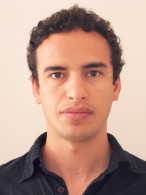 |
Karim Aitouna was born in Morocco and graduated in Law from the University of Mohamed V in Rabat. Later he joined the University Lumière Lyon II in Lyon, where he got a Master’s degree in film studies and another in cultural management. In 2009 he founds his own film company Hautlesmains productions with Thomas Micoulet. He produced the commissioned serie Clins d’oeuvres. He is currently developing several projects as producer and co-producer between France and the Arab and African countries. In 2013, A place under the sun (Un place sous le soleil) his new documentary won the Robert Bosch Stiftung coproduction prize (Germany). |
The Place Under the Sun (Un place sous le soleil, Karim Aitouna, 2013)
You can find more information and a list of this year’s participants here. You can visit the presentation open to the public on Friday the 24th of October from 19:00 at the DIOD hall.
Translated by Floriana Skorulska

